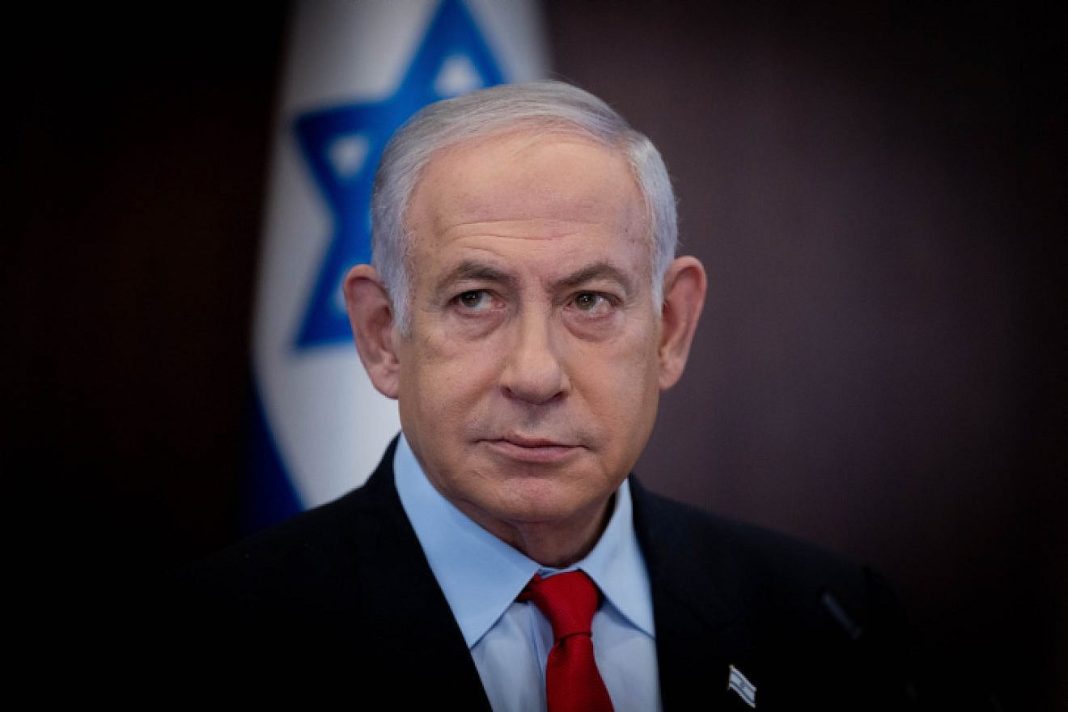TEL AVIV, Israel — Israeli Prime Minister Benjamin Netanyahu is facing mounting criticism at home and abroad after confirming that his government is arming clan-based militias in the Gaza Strip as part of an effort to weaken Hamas’s grip on the besieged enclave.
In a video statement released Thursday, June 5, 2025, Netanyahu defended the controversial strategy, calling it “a good thing” and stating that Israel had “activated clans in Gaza which oppose Hamas,” in coordination with recommendations from the security establishment.
The move, disclosed earlier this week by former defence minister and political rival Avigdor Liberman, has provoked outrage across Israel’s political spectrum.
Liberman, speaking on Channel 12 News and later on Army Radio, described the operation as “complete madness,” accusing Netanyahu of “distributing rifles to crime families in Gaza.”
“We’re talking about the equivalent of ISIS in Gaza,” Liberman said.
“No one can guarantee that these weapons will not be directed towards Israel.”
Two Israeli officials told CNN that the arming of militias was authorised by Netanyahu without the approval of the security cabinet — the body typically responsible for making major national security decisions.
According to the officials, Netanyahu’s far-right coalition allies likely would have vetoed the operation had it been brought forward formally.
Hamas condemned the strategy, calling it “a grave and undeniable truth.”
In a statement on Thursday, June 5, 2025, the group said: “The Israeli occupation army is arming criminal gangs in the Gaza Strip with the aim of creating a state of insecurity and social chaos.”
One of the groups reportedly receiving Israeli-supplied weapons is led by Yasser Abu Shabab, an armed figure with influence in eastern Rafah.
Photos circulating on social media show Abu Shabab holding an AK-47 rifle in front of UN-marked vehicles.
He has denied receiving weapons from Israel, though Hamas has labelled him a “traitor” and pledged to continue targeting his faction.
“We pledge before God to continue confronting the dens of that criminal and his gang, no matter the cost of the sacrifices we make,” Hamas declared.
The policy has drawn harsh condemnation from opposition leaders, who accuse Netanyahu of repeating past mistakes and lacking any coherent post-war vision for Gaza.
“After Netanyahu finished handing over millions of dollars to Hamas, he moved on to supplying weapons to groups in Gaza affiliated with ISIS – all improvised, with no strategic planning, and all leading to more disasters,” said opposition leader Yair Lapid in a post on social media, referencing the period beginning in 2018 when Israel allowed Qatari cash payments into Gaza.
Yair Golan, head of the left-wing Democrats party, added: “Instead of bringing about a deal, making arrangements with the moderate Sunni axis, and returning the hostages and security to Israeli citizens, he is creating a new ticking bomb in Gaza.”
The Israeli military campaign, now entering its 20th month, has so far failed to fully uproot Hamas, which remains in control of significant areas of Gaza.
While Netanyahu has made disarming and dismantling Hamas a central goal of the war, he has yet to present a detailed plan for governance or reconstruction in a post-conflict Gaza.
The covert arming of militias marks the clearest indication yet of Netanyahu’s willingness to consider alternative power structures in the enclave — a move that critics warn could deepen instability rather than resolve it.







